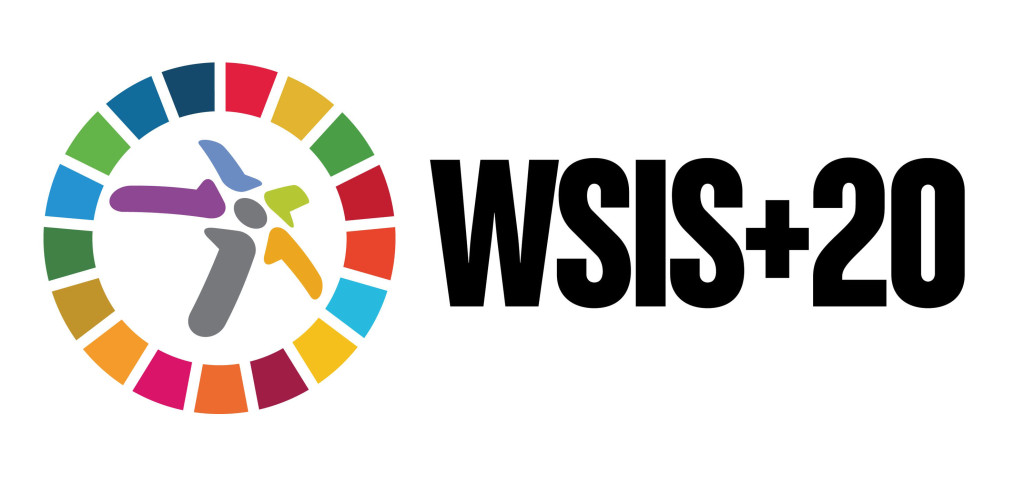Brazil’s proposals for the WSIS+20 Zero Draft emphasise equity, multistakeholder participation, and human-rights-based digital governance
The proposals strongly reaffirm the WSIS principles and the Tunis and Geneva outcomes, particularly the importance of multistakeholder engagement in global digital policy processes.

Brazil has submitted detailed proposals to the WSIS+20 process, shaping negotiations around the 20-year review of the World Summit on the Information Society. The text puts strong focus on digital inclusion, development priorities of the Global South, and a reaffirmation of the WSIS vision of a people-centred information society. It stresses that all individuals and communities should be able to ‘create, access, utilise and share information and knowledge’ as a foundation for social and economic development.
The proposals strongly reaffirm the WSIS principles and the Tunis and Geneva outcomes, particularly the importance of multistakeholder engagement in global digital policy processes. The text repeatedly highlights the need for meaningful inclusion of developing countries, with attention to financing, technology transfer, and capacity building to ensure these states can participate fully in international digital governance structures .
Brazil’s contribution also underscores human-rights obligations online, noting that digital transformation must respect universal rights and fundamental freedoms, including privacy, expression, and access to information . The proposal calls for safe, open and secure digital spaces and stresses the need to avoid restrictions such as internet shutdowns and unlawful surveillance.
Specific areas of emphasis include closing digital divides, strengthening digital public infrastructure, ensuring multilingual access, addressing gender gaps, and aligning WSIS efforts with the 2030 Sustainable Development Agenda. The proposal also reiterates the importance of strengthening the Internet Governance Forum and making it permanent, while deepening participation from developing regions.
While largely forward-looking, the submission also flags risks associated with emerging technologies, stressing the need for human oversight, risk-mitigation mechanisms, and capacity development to help governments, especially in the Global South, participate effectively in AI governance.
Why this matters for civil society
Brazil’s contribution is significant for civil-society actors as it reinforces multistakeholder participation as a core WSIS principle, explicitly protecting the space for non-governmental stakeholders to shape global digital rules. The proposals emphasise human-rights safeguards, transparency, and resistance to practices such as shutdowns and censorship, issues central to civic advocacy. Importantly, the text elevates development and equity concerns, prioritising financing, capacity development, and inclusion of underrepresented regions and groups. For civil society, these priorities help ensure that the next phase of digital governance remains anchored in rights, access, and participation for all.


